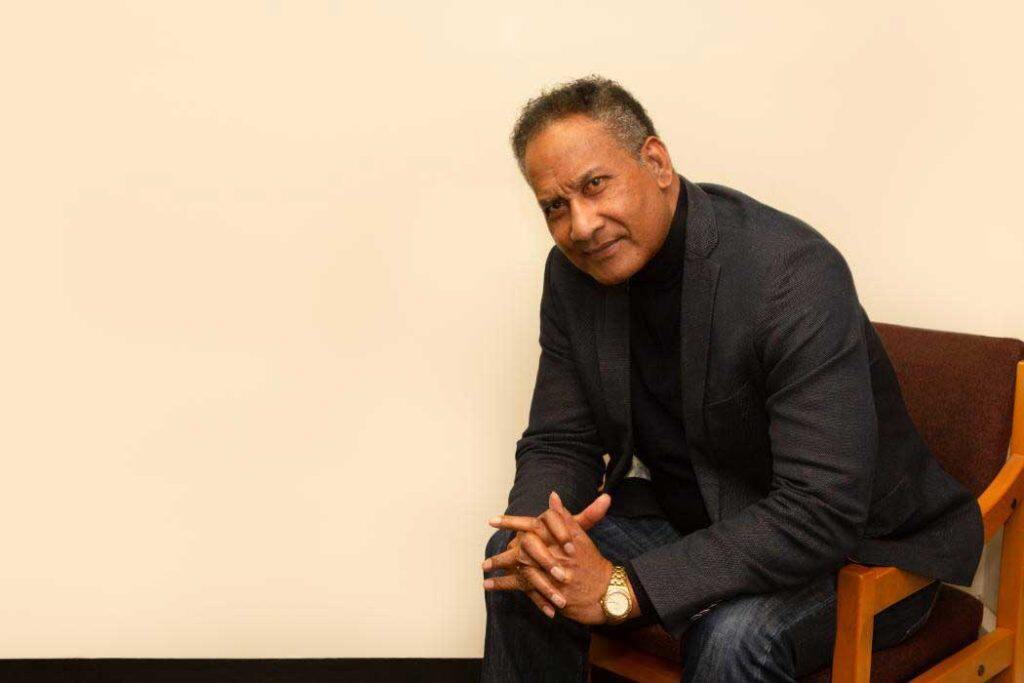A collective approach to research has opened doors to almost 80 scholars from more than 10 universities to work with Distinguished Professor Steven Ratuva on a multimillion-dollar, Pacific-wide climate change project at the University of Canterbury (UC).


Professor Ratuva was recognised with an Advancing Sustainability Award from UC this week for his leadership on the interdisciplinary Pacific Ocean and Climate Crisis Assessment (POCCA) Research Project, a partnership with the University of the South Pacific, funded by New Zealand’s Ministry of Foreign Affairs and Trade. The pioneering study covers 16 countries in the Pacific region, gives voice to Pacific Indigenous knowledge systems and seeks to harmonise these with scientific approaches to advise on climate change adaptations.
Director of UC’s Macmillan Brown Centre for Pacific Studies, Professor Ratuva is a multidisciplinary researcher and a prolific author, who has previously won the Royal Society of New Zealand – Te Apārangi 2020 Metge Medal (the country’s highest award in social science research excellence) and UC’s 2019 Research Medal.
As well as serving the world with impactful research, Professor Ratuva’s collective approach spans disciplines and benefits both postgraduate students and academic researchers.
“Our research staff and our scholars are part of the same intellectual space; we want to create an inclusive and equitable environment for research. So we call our PhD students ‘research scholars’, because, as I tell them all the time, the PhD is not a course, it’s a culture, it’s an exploratory journey that one goes through.”
POCCA presents research opportunities that a more conventional PhD might not, he says.
“It’s not just the conventional academic skills of researching and writing they gain. All their fieldwork is enriched by connections with projects such as POCCA, which is huge, so they develop and benefit from networks, and they feel empowered by the synergy created through the connections with international scholars. We contract the PhD scholars as research assistants as well as part of the authors’ teams, so they benefit in terms of sustainability of their studies as well.”
Scholars from around the world are eager to study with Professor Ratuva and to be involved in multidisciplinary projects which positively impact people’s lives in the Pacific. The current collective of PhDs span Pacific, Kiwi and international scholars, Professor Ratuva says, including “one from Japan who just graduated, the Philippines, United States, Europe, Africa, Vietnam, and I keep receiving requests to come here from all over the world”.
Pacific leaders at COP27 won their three-decade-long fight for recognition and payment for loss and damages caused by global emissions from wealthy countries. The region is already experiencing effects of climate change from rising sea levels, warming seas and more severe storms.
However Pacific communities are also resilient and adaptable, Professor Ratuva says, including drawing on traditional methods of building and food gathering. This will be explored in the POCCA project, capturing valuable data that will facilitate Pacific representation at international forums. The project is on track to publish a 100,000-word report and a book as well as produce the largest database on climate in the Pacific in 2024.







































